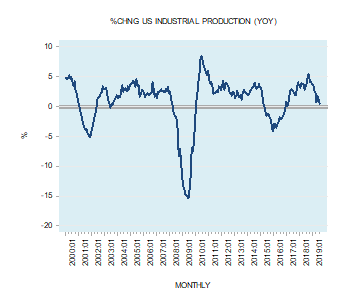This article is not remarkable for its message, which is straight down the line for those of us who follow the Cobden Centre, but remarkable in that I believe it may mark the high-tide watermark for Keynesianism; the widespread deserved ridicule of the Keynesians is finally beginning after their seventy year hegemony of one financial disaster after another, always blamed on someone or something else.
The big point missed by those who think elevated public debt doesn’t matter is that these periods of excessive debt utterly crippled the UK economy. Indeed, Britain’s decline through the twentieth century as an economic superpower directly correlates with increased indebtedness.
The long fight of those of us who believe in true economics has been a hard dark road against this once-almighty hegemony, but light is finally beginning to emerge in a dawn of reality even amongst the Keynesian-educated mainstream of the UK economics and finance media. There is still a long way to go, of course, and now we must fight even harder to keep this tipping-point momentum going, but the tide is turning. Sense is beginning to break out at last. No doubt, Mises once predicted that it would, even when he stood almost alone against the tsunami of 1930s Keynesianism. He never gave in to evil, and neither should we.




